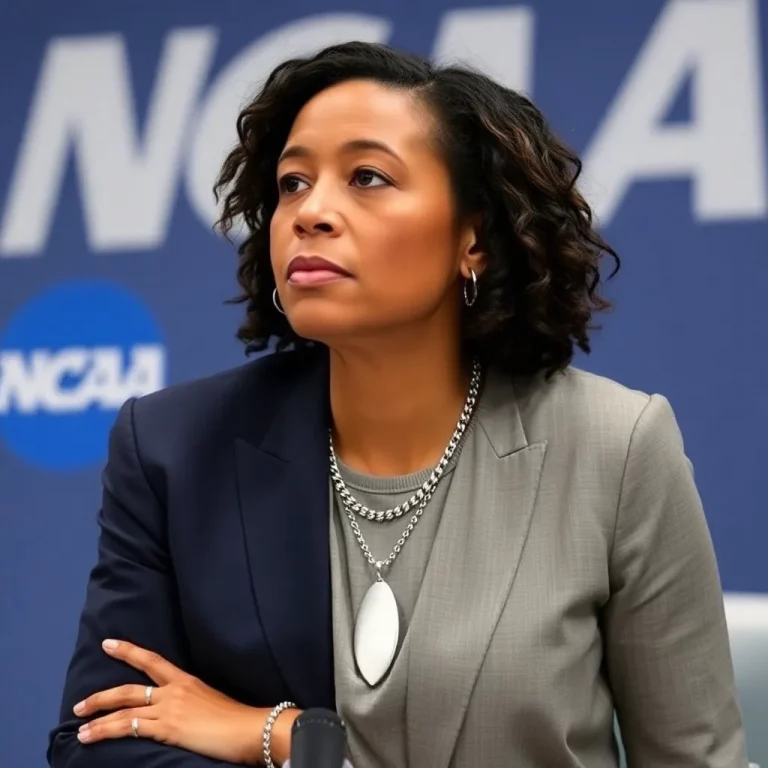Major Settlement Approved in NCAA Lawsuit
In Berkeley, California, a U.S. District Judge recently took significant steps forward in a landmark case involving the NCAA and its member institutions. Judge Claudia Wilken approved legal fees that will authorize approximately $750 million to be distributed to the plaintiffs’ attorneys over the course of a 10-year agreement. This development comes as part of a settlement that resolves several antitrust lawsuits aimed at the NCAA and its power conferences.
This settlement is expected to have wide-ranging effects, including nearly $2.8 billion in backpay damages for former college athletes. Additionally, it introduces a new financial model that allows colleges to directly share revenue with athletes, which is capped at $20.5 million per school by the 2025-26 academic year. The aim is to create a more equitable financial environment for college students who play sports.
On Friday, Judge Wilken also granted nearly $525 million in fees to the plaintiffs’ lawyers, with the possibility of an additional $250 million in future fees linked to revenue sharing. Lawyers Steve Berman and Jeffrey Kessler, who led the plaintiffs’ case, expressed their satisfaction, stating, “We are pleased to see this monumental case take another step in its final stages after 20 years of litigation for college athletes.”
In addition to attorney fees, the judge awarded service payments to class representatives from the lawsuit. Former college swimmer Grant House and former college basketball player Sedona Prince will each receive $125,000, while former college running back Chuba Hubbard will receive $50,000.
The anticipated benefits for Division I athletes resulting from this landmark decision are expected to surpass $19 billion over the duration of the agreement. As part of the terms, the defendants, including the NCAA, have established the College Sports Commission, which will manage and monitor the revenue-sharing initiative and oversee third-party name, image, and likeness (NIL) deals.
Since July 1, schools have begun sharing revenue directly with athletes. However, new guidelines issued by the Commission have prompted discussions about how these restrictions might affect individual athletes’ earnings. Some believe it could lead to lower compensation through NIL deals, potentially leading to further complaints against the NCAA and the Commission.
Currently, the settlement faces several appeals, but these should not interfere with the immediate revenue-sharing agreement. However, it may delay the distribution of backpay damages to the affected athletes.


